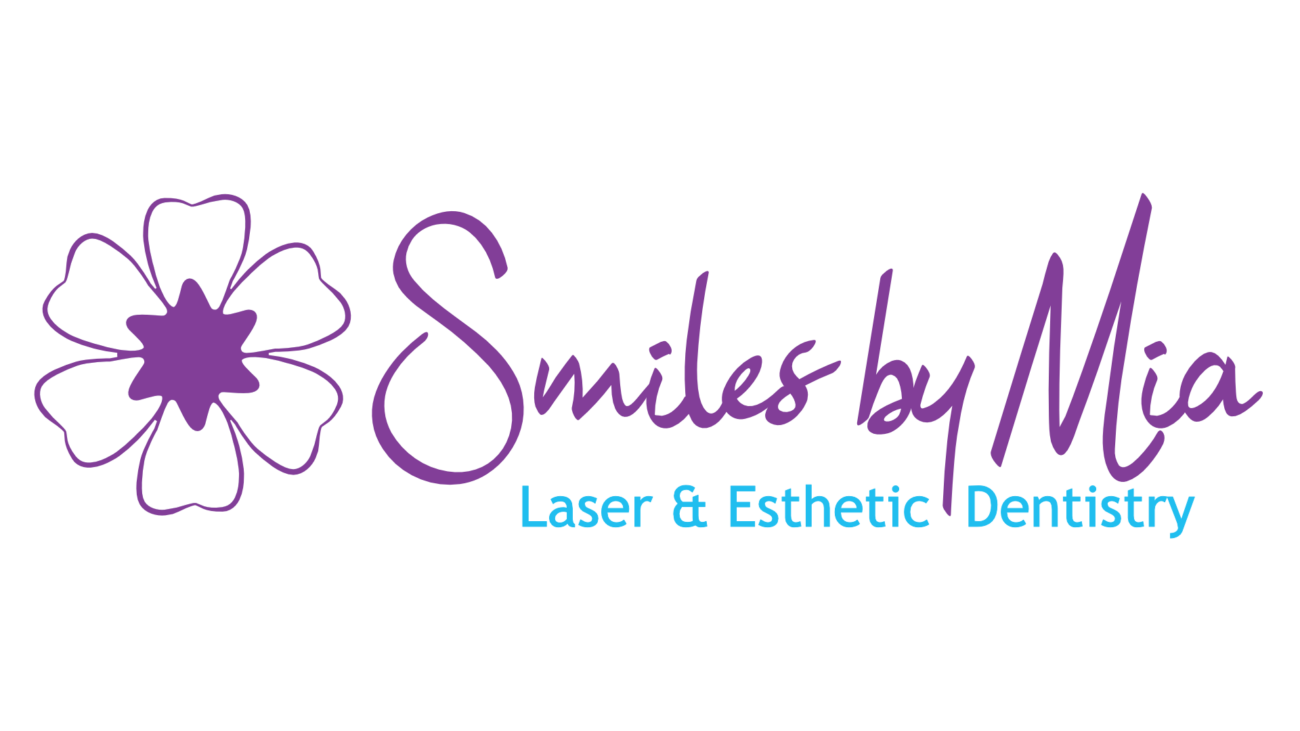Tooth decay is a common dental issue that affects people of all ages. It occurs when bacteria in the mouth produce acids that erode the tooth enamel, leading to cavities. Identifying the early warning signs of tooth decay is essential for timely intervention and preventing further damage. Without proper treatment, tooth decay can advance to serious complications. If you notice the signs of tooth decay, you should contact your dentist as soon as possible.

What are the Signs?
While there are numerous symptoms of tooth decay, these are some of the most common.
Tooth Sensitivity
One of the earliest signs of tooth decay is tooth sensitivity. If you experience sudden discomfort or pain when consuming hot, cold, sweet, or acidic foods and beverages, it may indicate enamel erosion and the presence of cavities. Pay attention to any sensitivity and consult your dentist for an evaluation.
Tooth Discoloration
Tooth decay can cause changes in the color of your teeth. Look out for dark spots, white spots, or brown stains on the surface of your teeth, particularly in areas that are difficult to clean properly. Discoloration may indicate the formation of cavities and should be addressed by your dentist.
Persistent Bad Breath
Chronic bad breath can be a sign of tooth decay. Bacteria in cavities produce foul-smelling odors that can linger in the mouth, causing persistent bad breath. Regular brushing, flossing, and dental cleanings are essential to eliminate bacteria and prevent further decay.
Toothache or Pain
Toothaches are common indicators of tooth decay. If you experience sharp or throbbing pain in a specific tooth may be a sign of an advanced cavity reaching the nerves. Delaying treatment can lead to increased pain and potential tooth loss. Contact your dentist as soon as possible if you have persistent tooth pain.
Visible Holes or Pits
As tooth decay progresses, it can create visible holes or pits on the surface of the affected tooth. Examine your teeth regularly in a well-lit area using a mirror. If you notice any visible signs of decay, such as pits or craters, it’s crucial to seek professional dental care to prevent further deterioration.
What to Do When You Notice Signs of Tooth Decay
As soon as you notice any warning signs of tooth decay, make an appointment with your dentist. They will conduct a thorough examination, take X-rays if necessary, and determine the extent of the decay. Early detection allows for less invasive treatments and better long-term outcomes.
Follow a Proper Oral Hygiene Routine
Maintain a consistent oral hygiene routine to prevent the progression of tooth decay. Brush your teeth at least twice a day with fluoride toothpaste, floss daily, and use an antimicrobial mouthwash. Proper oral hygiene helps remove plaque, the main culprit behind tooth decay.
Modify Your Diet
Reduce your consumption of sugary and acidic foods and beverages. These substances contribute to the production of harmful acids that erode tooth enamel. Instead, opt for a well-balanced diet rich in fruits, vegetables, lean proteins, and dairy products that promote oral health.
Dental Fillings or Restorations
If tooth decay has progressed beyond the early stages, your dentist may recommend dental fillings or restorations. The decayed portion of the tooth will be removed, and the cavity will be filled with a suitable material, such as composite resin or amalgam.
